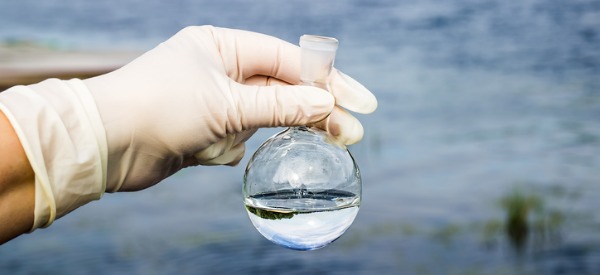What is a Hydrologist?
A hydrologist is someone who studies water and the water cycle. They use their expertise to solve problems in the areas of water quality or availability.
What does a Hydrologist do?

A hydrologist will typically do the following:
- Measure the properties of bodies of water, such as volume and stream flow
- Collect water and soil samples to test for certain properties, such as levels of pollution
- Apply research findings to help minimize the environmental impacts of pollution, erosion, and other problems
- Research ways to improve water conservation and preservation
- Use computer models to forecast future water supplies, the spread of pollution, and other events
- Evaluate the feasibility of water-related projects, such as hydroelectric power plants, irrigation systems, and waste treatment facilities
- Prepare written reports and presentations of their findings
Hydrologists use remote sensing equipment to collect data. They or technicians whom they supervise usually install and maintain this equipment. They also use sophisticated computer programs to analyze and model data. They use sophisticated laboratory equipment to analyze chemical samples collected in the field.
Hydrologists work closely with engineers, scientists, and public officials to study and manage the water supply. For example, they work with policy makers to develop water conservation plans and with biologists to monitor marine wildlife. Most hydrologists specialize in a specific water source or a certain aspect of the water cycle, such as the evaporation of water from lakes and streams.
What is the workplace of a Hydrologist like?
Hydrologists work in the field and in offices and laboratories. In the field, hydrologists may have to wade into lakes and streams to collect samples or inspect monitoring equipment. In the office, hydrologists spend most of their time using computers to analyze data and model their findings.
Hydrologists are also known as:
Research Hydrologist
Groundwater Hydrologist
Surface Water Hydrologist
Marine Hydrologist